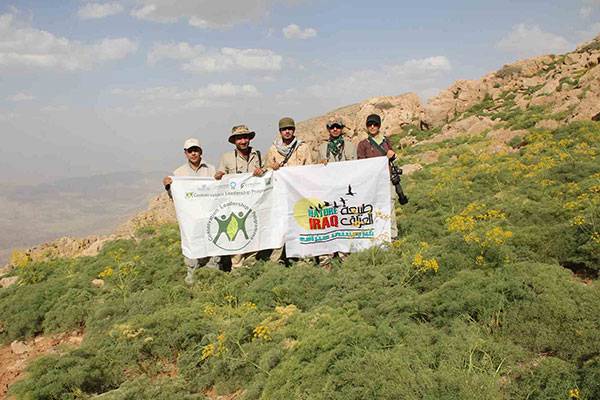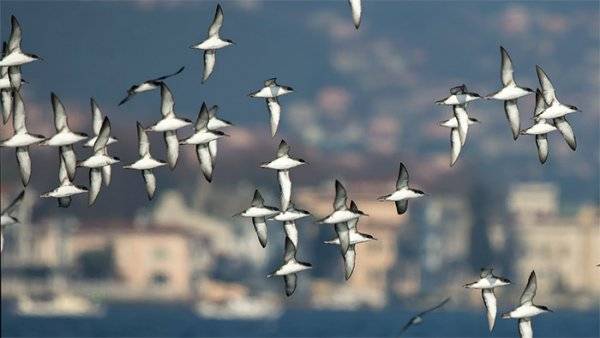Guest Blog by Yehya Khaled & Nashat Hamidan of RSCN
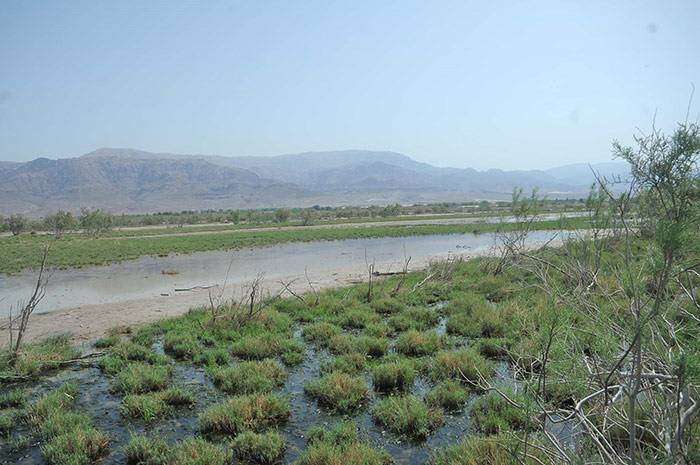
On the 4th of December 2016, Fifa Nature Reserve in Jordan was declared a Wetland of International Importance. The Site’s lowest point stands at 420 meters below sea level, making it the world’s lowest location of a Ramsar Site.
Fifa Nature Reserve is located southern of the Dead Sea, it was established in July 2011 and became part of nine sites designated as nature reserve which are managed by the Royal Society for the Conservation of Nature (RSCN). A local non-government organization which has been entrusted the responsibility to manage a national network of nature reserves on behalf of the Jordanian government.
Since the site was first proposed as a nature reserve 1998, RSCN worked continuously on updating the biodiversity of the area and built up an accumulative ecological profile of the Reserve in order to conserve the saline vegetation, one of 13 vegetation types of Jordan.
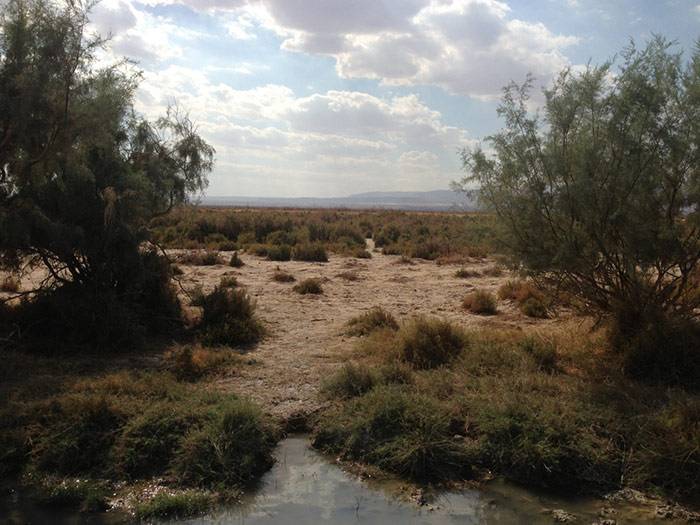
Soon after its establishment, the management plan was prepared to conserve the distinguished biological values of the area, and to explore the opportunity of declaring Fifa as a second Jordanian Ramsar site, and the lowest Ramsar site on earth. The site is located along the Rift Valley, a major flyway of migrant birds between Europe and Africa, thus it supports a lot (but not yet count) of wintering and breeding birds in both seasons.
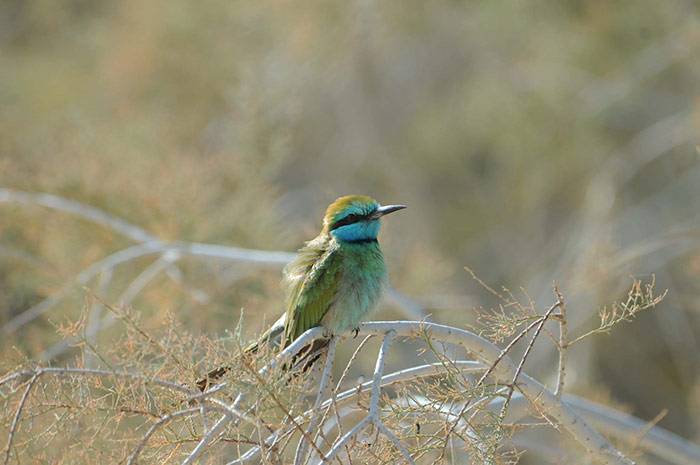
When evaluated based on Ramsar criteria, the site was found to apply three criteria being an outstanding example of a natural wetland that is seasonally flooded from water drains from east to south through three major wadies leaving behind a wide range of flooded plateaus that are very attractive of migrant and resident birds. The site is also hosting a globally endangered and endemic Killifish Aphanius richardsoni a sub species of the Arabian killifish, in addition to another two endangered communities of Houbara Bustard, and the Spiny tailed Lizard. Fifa Nature Reserve is also known by hosting the largest population of the Nubian Nightjar, an iconic species to the site, same importance for the Dead Sea Sparrow where hundreds of pairs used to breed in the will contact Tamraisk canopy every year.
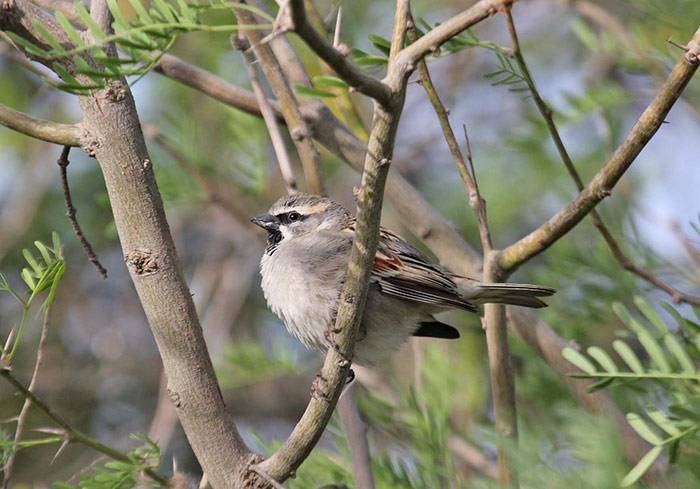
The reserve is provides ecosystem services, including the provision services of food and water for agriculture, regulation services by controlling the annual flood, and recharge the aquifer by the detained water, and recreational services are clearly noticed in the site.
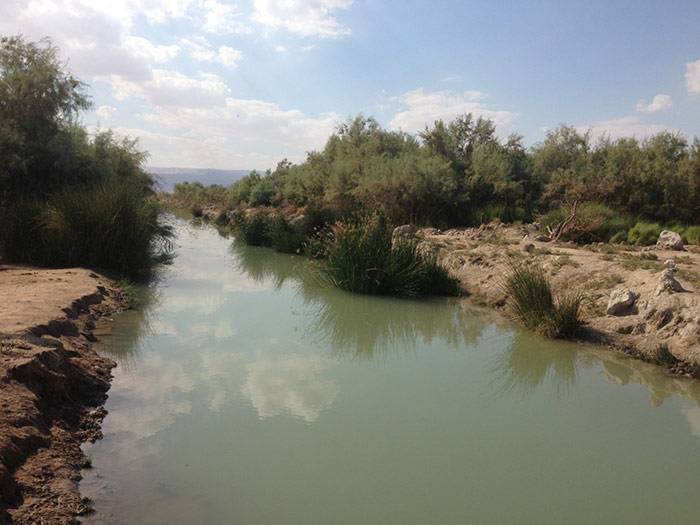
Finally, having the site declared as the second Jordanian Ramsar site and global lowest Ramsar site, RSCN will update the management plan to consider the sustainability of Ramsar values, and updating the data to keep the site updated especially for the number of wintering and breeding birds.
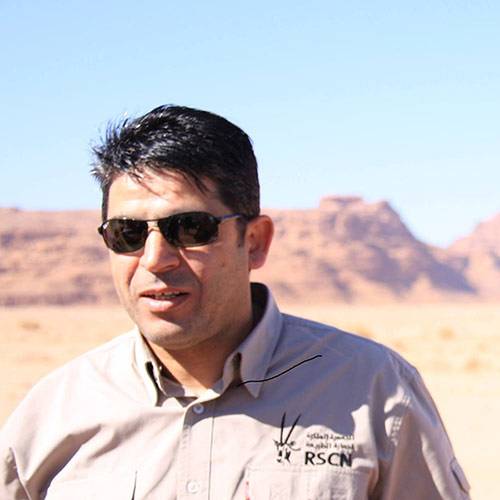
Mr Yehya Khaled
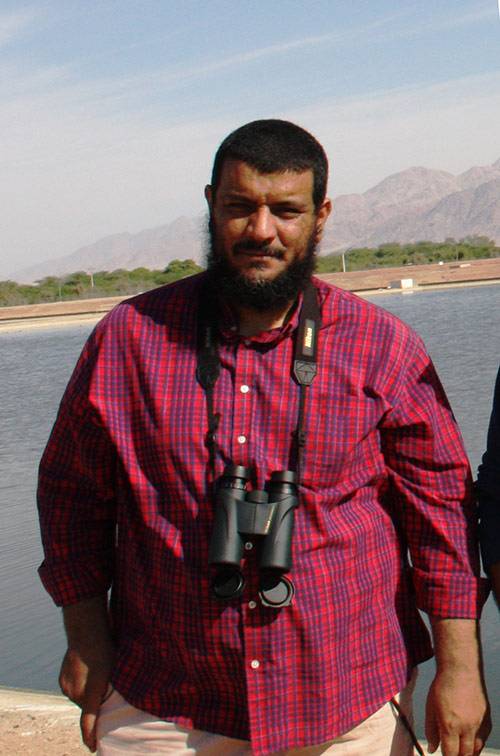
Dr Nashat Hamidan
Yehya Khaled is Director General of RSCN and Dr Nashat Hamidan is Director of Conservation Monitoring Center at RSCN.

